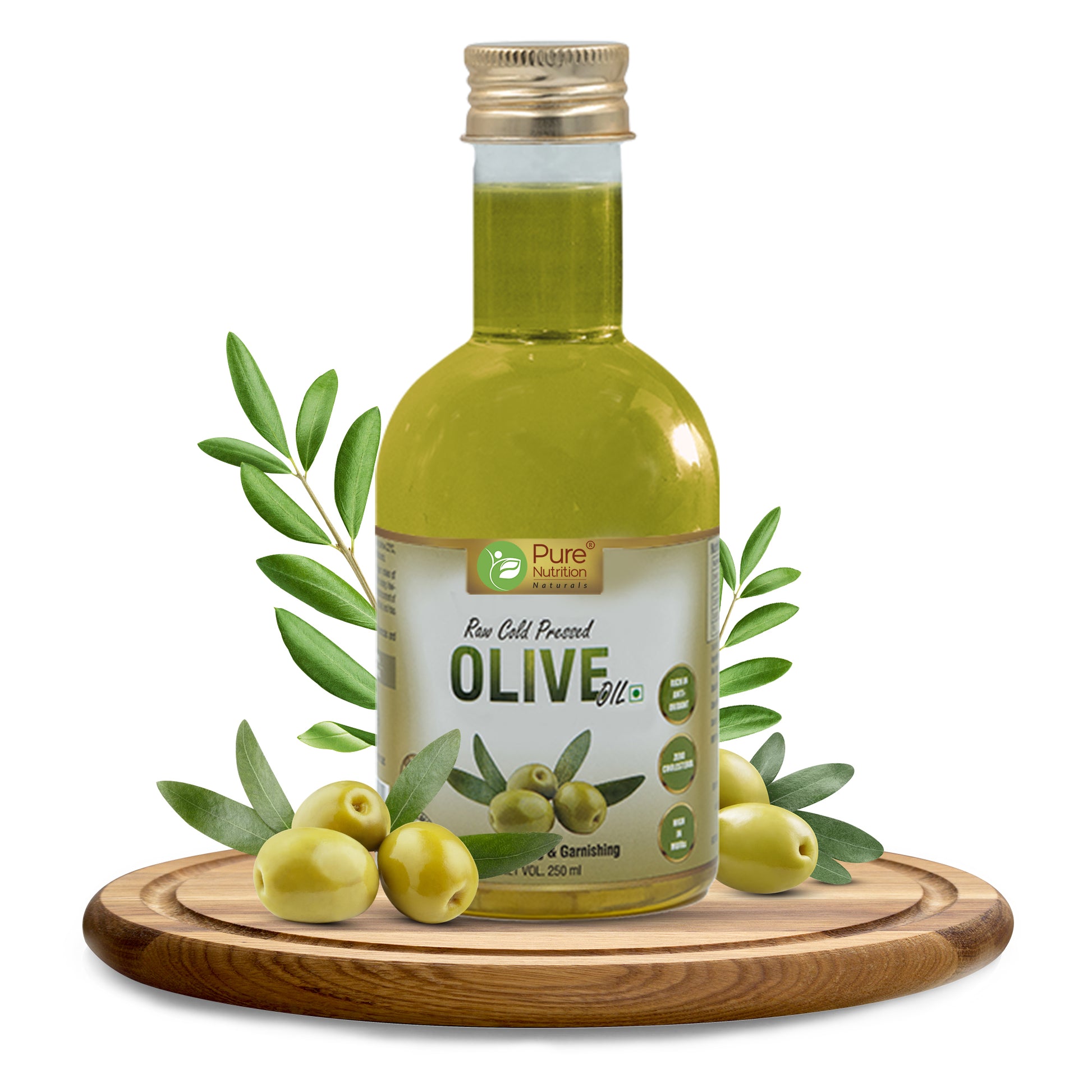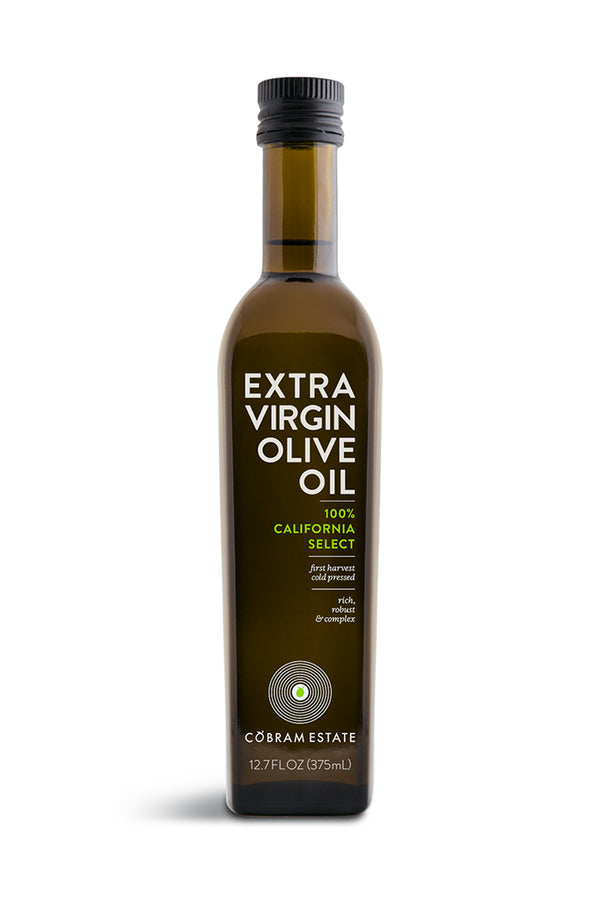Exploring the Various Sorts Of Olive Oil and Their Usages, Consisting Of Bonus Virgin Olive Oil
The exploration of olive oil incorporates a varied variety of types, each offering unique flavors and culinary applications. Extra virgin olive oil, renowned for its superior quality and health benefits, serves as a staple in numerous cooking areas, yet it is just one element of this diverse component.
What Is Olive Oil?
Originated from the fruit of the olive tree, olive oil is a staple in Mediterranean cuisine and an essential component in numerous culinary applications. This flexible oil is created by pushing entire olives, causing a liquid that varies in scent, color, and taste relying on the sort of olives used, the region of growing, and the removal procedure. Olive oil is mainly composed of monounsaturated fats, specifically oleic acid, which is known for its prospective health benefits, including anti-inflammatory homes and cardio assistance.
Along with its culinary usages, olive oil has a lengthy history of application in conventional medicine and skincare, owing to its rich antioxidant material (extra virgin olive oil benefits). The oil is often used in dressings, marinades, and for cooking techniques such as sautéing and roasting. Its distinctive flavor account can enhance the taste of numerous recipes, making it an essential component for both home chefs and expert cooks
Furthermore, olive oil is commemorated for its function in the Mediterranean diet, which is connected with many wellness advantages. As recognition of these benefits grows, olive oil remains to acquire appeal worldwide as a basic component of a healthy way of living.
Sorts Of Olive Oil
Comprehending the different sorts of olive oil is crucial for both health-conscious consumers and cooking fanatics. Olive oil is identified primarily based on its extraction method and high quality, which dramatically impacts its aroma, flavor, and health and wellness benefits.

Light olive oil, despite its name, describes a lighter taste and not reduced calories. It is perfect for those seeking an extra subtle taste in sauces and dressings. In addition, there are flavored olive oils instilled with natural herbs, seasonings, or citrus, which can boost meals without the demand for added spices.
Each type of olive oil offers specific culinary purposes, and comprehending these distinctions enables consumers to make informed choices that align with their food preparation designs and wellness objectives.
Bonus Virgin Olive Oil
Extra virgin olive oil (EVOO) is commonly concerned as the best quality olive oil readily available, renowned for its abundant flavor and numerous health and wellness benefits. To be identified as extra virgin, the oil must be generated from fresh olives using mechanical procedures, without the use of solvents or too much warm. This thorough technique preserves the oil's all-natural tastes, antioxidants, and healthy and balanced fats, leading to an item with a low level of acidity degree of much less than 0.8%.
EVOO is bountiful in monounsaturated fats, specifically oleic acid, which is connected to decreased inflammation and enhanced heart health. It additionally has polyphenols, powerful anti-oxidants that might offer safety effects against chronic conditions. The flavor account of EVOO can vary dramatically depending on the olive selection and area of production, ranging from grassy and fruity to durable and peppery.

Culinary Utilizes of Olive Oil

In cooking, olive oil can be utilized for sautéing, roasting, and barbecuing, giving a healthier choice to other butter or other fats. Its high smoke factor makes it appropriate for various cooking methods, while its antioxidants contribute to a heart-healthy diet. Showering olive oil over finished dishes, such as pasta, fish, or grilled vegetables, can boost tastes and add a touch of beauty.
Moreover, olive oil plays a considerable role in baking, where it can replace conventional fats in recipes for bread and pastries, presenting dampness and a refined taste. It additionally works as a base for instilled oils, enabling cooks to explore flavors such as garlic, natural herbs, or chili, better broadening its culinary capacity. In general, olive oil's flexibility makes it essential in both home and professional kitchens.
Picking Top Quality Olive Oil
When picking high quality olive oil, it's vital to think about numerous key factors that influence the item's wellness, taste, and aroma advantages. Decide for extra virgin olive oil (EVOO), which is obtained from the initial chilly pushing of olives and includes the highest degrees of anti-oxidants and valuable substances. Search for oils that are certified by identified organizations, as this commonly guarantees adherence to stringent quality standards.
The packaging likewise plays a next page significant duty in preserving the oil's integrity. Select oils stored in dark glass bottles or tins to shield versus light destruction. Pay interest to the harvest date; fresher oils supply superior taste and nutritional value, so choose products that are within 18 months of their harvest.
In addition, consider the origin of the oil. Top notch olive oils typically come from particular regions recognized for their distinctive taste profiles, such as Italian, Spanish, or Greek oils. Ultimately, be conscious of the taste; a top quality olive oil need to have a balance of fruity, bitter, and sharp notes, showing its splendor and intricacy. By evaluating these variables, you can ensure you are choosing the most effective olive oil for your culinary needs.
Verdict
In summary, the exploration of different kinds of olive oil reveals distinct characteristics and applications, with extra virgin olive oil representing the pinnacle of quality due to its reduced level of acidity and high antioxidant content. Understanding the various varieties of olive oil permits for notified choices in cooking approaches, advertising healthier methods while enhancing the general gastronomic experience.
Acquired from the fruit of the olive tree, olive oil is a staple in Mediterranean cuisine and a crucial component in different cooking applications.The most typical types of olive oil consist of improved olive oil, pure olive oil, and light olive oil.Bonus virgin olive oil (EVOO) is commonly related to as the highest possible high quality olive oil available, popular for its rich taste and numerous health advantages. Choose for extra virgin olive oil (EVOO), which is derived from the first cool pushing of olives and consists of the greatest additional reading degrees of antioxidants and useful compounds.In recap, the exploration of numerous kinds of olive oil exposes distinct qualities and applications, with additional virgin olive oil standing for the peak of high quality due to its reduced acidity and high antioxidant content.